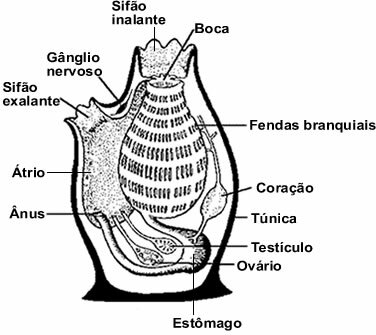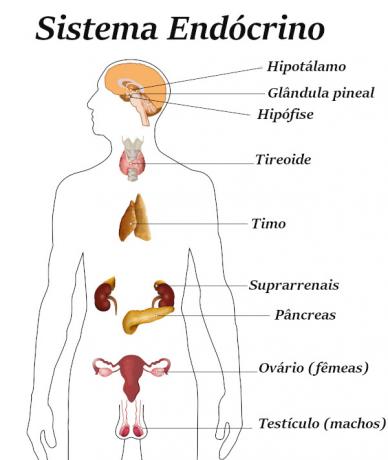Earth is a planet with areas with completely different characteristics. These areas have different species, some of which are restricted to that region (endemic). Other species have a wide distribution around the globe (cosmopolitan). Ever wonder why these distribution patterns occur? The science that can give you that answer is biogeography.
Biogeography is a science that studies the pattern of distribution of organisms on Earth, as well as variations in this pattern that occurred in the past and still occur in the present. Biogeographers try to understand why a species lives there! As such, it is a science based more on observation, analyzing patterns and making comparisons. Another interesting fact about biogeography is that each work requires a large bibliographic search, as it is necessary to analyze previously identified collections and species.
Biogeography is not an isolated subject, it has an interdisciplinary character and, therefore, is in close association with other sciences such as ecology, population biology, evolution, paleontology, climatology, geography and geology.
Do not stop now... There's more after the advertising ;)
It is impossible to determine the distribution of a species without understanding its characteristics, its relationships, its evolution and, of course, without understanding the environment in which it lives. To study biogeography it is very important that the researcher is familiar with the concepts ecological, as well as knowing the physiology, anatomy and development of groups of animals and plants. The geographic changes that occurred in a certain region, the advance of the sea, the appearance of islands, knowledge about the continents, mountains, among other themes, are fundamental for a biogeographer.
There are several lines to study biogeography, including historical biogeography and ecological biogeography. Historical biogeography seeks to explain the distribution of organisms based on past events. Fossils are important tools for this process. Ecological biogeography, on the other hand, studies the dispersion of organisms, focusing on current factors, such as the relationships between living beings and the environment.
by Vanessa dos Santos
Graduated in Biology
Would you like to reference this text in a school or academic work? Look:
SANTOS, Vanessa Sardinha dos. "Biogeography"; Brazil School. Available in: https://brasilescola.uol.com.br/biologia/biogeografia.htm. Accessed on June 28, 2021.


